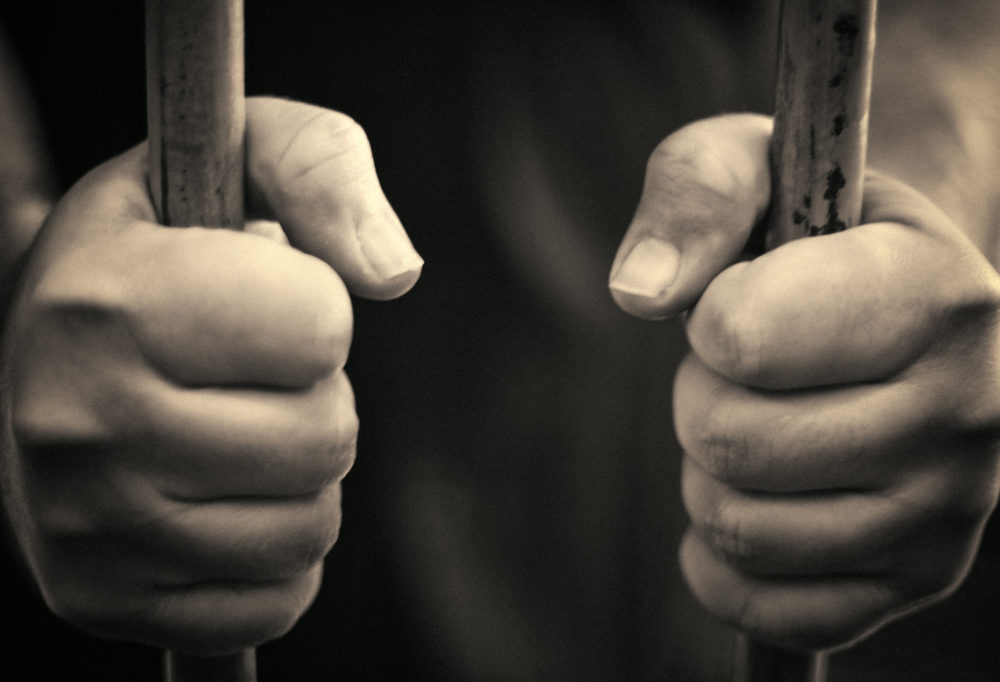Innocence Deniers: Prosecutors who “refuse to correct life-altering errors”
01.11.18 By Innocence Staff
In an article published yesterday in Slate, law professor and writer Lara Bazelon explores the misguided and distressing actions—and the ensuing impact—of a select group of state prosecutors whom she deems as “innocence deniers”—prosecutors that don’t simply “hinder justice,” she writes, but whom intentionally impede it. The purpose of the article is not so much to simply expose the poor judgement of these particular prosecutors; it is also to ask why some prosecutors neglect the ultimate responsibility of their role as defined by the Supreme Court, to be “servant[s] of the law, the twofold aim of which is that guilt shall not escape or innocence suffer.”
According to Bazelon, prosecutors are innocence deniers if they “delay justice and in some cases actively work against it.” For example, “When a prisoner is exonerated by a lower court,” innocence deniers, she writes:
double and triple down, filing appeal after appeal. Or they indict and prosecute the exoneree all over again, sometimes under a wildly different theory at the expense of time and resources that should be used to pursue the crime’s actual perpetrator. They may also threaten endless legal challenges to wring “no contest” pleas from innocent prisoners in exchange for time-served sentences. The prisoners, desperate to be free, accept these Faustian bargains, which brand them convicts for life and allow prosecutors to proclaim their guilt and the state to deny them compensation. Some prosecutors are so committed to adhering to the original mistake that they fail to prosecute the actual perpetrators, even when there is evidence to convict them.
Bazelon points to nearly 20 prosecutors who have carried out such actions and, in spite of exceptionally compelling evidence proving otherwise, continue to not believe that “wrongfully convicted people are in fact innocent.” While some of these cases may indeed sound like extreme or rare instances of injustice, Bazelon emphasizes that the prosecutors in these cases are in good company. In fact, according to University of Michigan Law professor Samuel Gross, co-founder of the National Registry of Exonerations, “there are a lot of these cases. . . We see them all the time.”
In conclusion, Bazelon writes: “By some estimates there are tens of thousands more wrongfully convicted prisoners languishing behind bars. Nevertheless, some prosecutors—the most powerful actors in the criminal justice system—refuse to correct life-altering errors. . . . If we are committed to fostering a justice system that is truly just, it is imperative to call out these innocence deniers and hold them to account.”
Leave a Reply
Thank you for visiting us. You can learn more about how we consider cases here. Please avoid sharing any personal information in the comments below and join us in making this a hate-speech free and safe space for everyone.
January 26, 2018 at 4:06 am
January 13, 2018 at 2:05 pm
These prosecutors are adhering to their natural order where science and objective evidence have no meaning to them. To them, order is power.

Sometimes the courts will come up with their own theory of a crime and contradict the prosectors just to make a wrongful conviction stand. That is what happened in this case, where the murderer admits to framing his best friend out of spite. But the Commonwealth of Virginia does not want to admit to any wrongdoing.
http://bit.ly/2qRpF4E